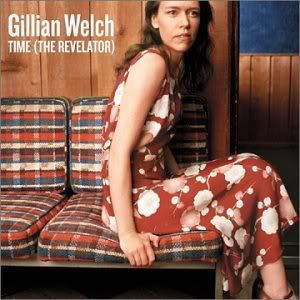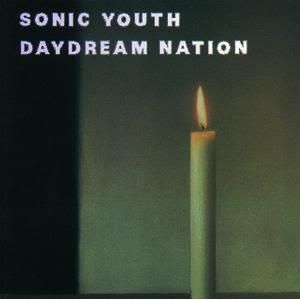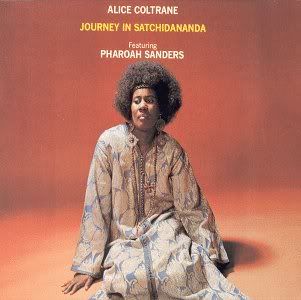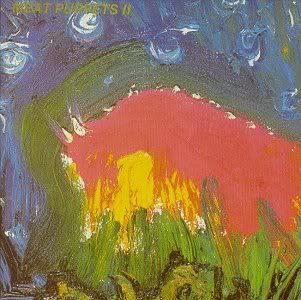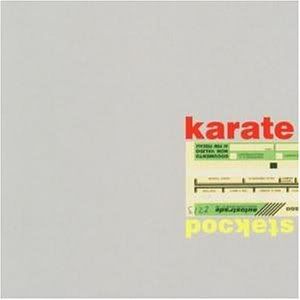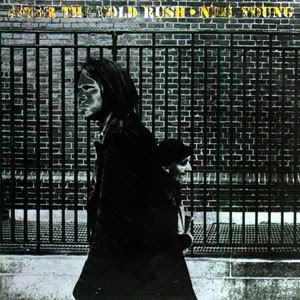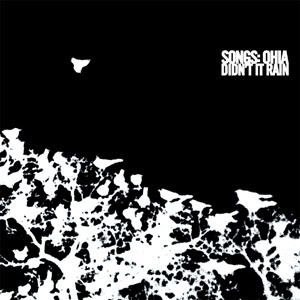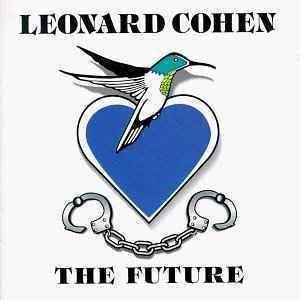
16. LEONARD COHEN - The Future
Columbia, 1992
In which the illustrious Mr. Cohen all-too-readily inhabits the role of demonic soothsayer. This dark pop gem opens with the spooky title track, where ol' Leonard details some grim soon-to-be reality (or probably it's already happened) where "Things are gonna slide/ Slide in all directions;" or, more directly, "I've seen the future, brother/ It is murder." That ominous tone colors the entirety of the album, and one wonders for a fleeting instant what a happy album from Leonard Cohen might sound like, but then the thought reveals itself as idiotic and irrelevant: what would it sound like if Terry Riley wrote a pop song? Leonard Cohen is master of all things dark and depressing and gah, sometimes it's almost too much to take, like when he implores a lover to "Be For Real" in the song of the same name, 'cause he's "Been hurt so many times," and he sure "Don't want/ To be hurt by love again." All this beautiful borderline-kitsch is delivered with the glorious assistance of Cohen's ubiquitous female background singers, earnest beyond belief, somehow indispensable. Only on "Democracy" do we catch a glimmer of hope, but it's hard to tell if it isn't tinged with a little masked cynicism; then again, most things sound that way coming out of this man's mouth. Anyway, "Democracy is coming/ To the U.S.A." and it is what it is. Set to deep, foreboding synths and in a minor key, it would sound terrifying, but in its jaunty form it becomes almost hopeful. And this is precisely why Leonard Cohen was and is the best in his field; he is capable, with a flip of the tune or the tongue, of making the good sound horrific and the horrific sound downright beautiful. Don't be afraid of The Future, because, after all, it's already here.
WATCH: Leonard Cohen - "The Future" (Live)

